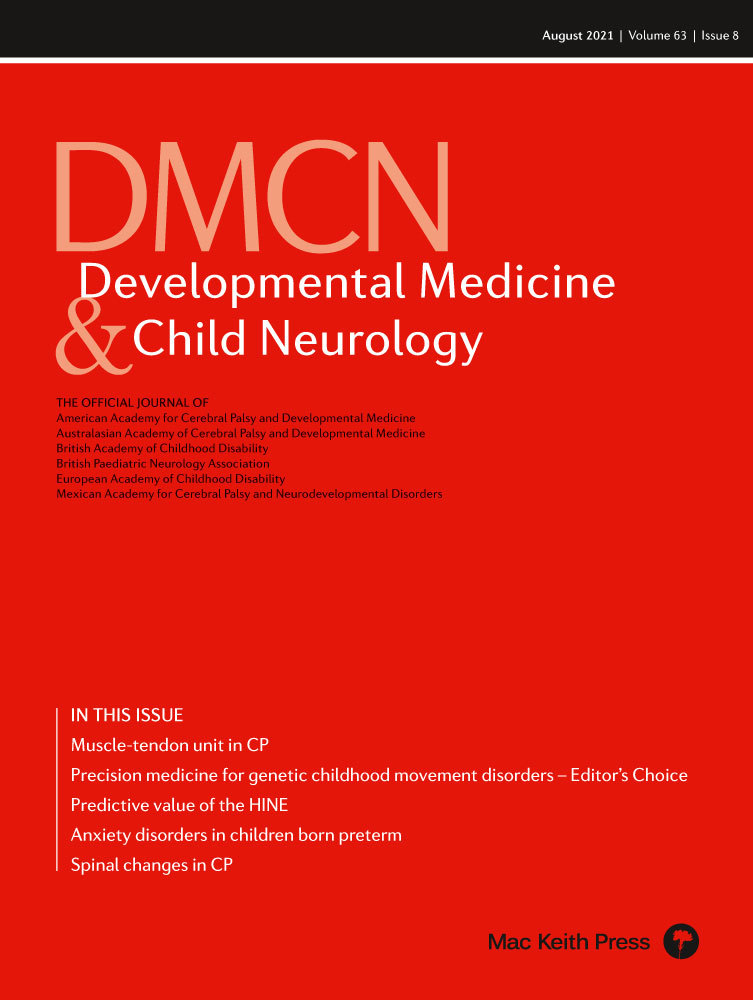Should doctors work with the pharmaceutical industry? An ethical miasma
Abstract
Video Podcast: https://youtu.be/VYKqc8Oj7u4
New drugs and devices cannot be studied by individual researchers without grant funding. The costs are too steep, the regulatory process is overwhelming, and the time it would take is incompatible with clinical practice. New drugs will never come to market without the input of clinicians who know the field, are familiar with the disease state, who can procure patients, and who are, hopefully, ethical, caring physicians. However, the dark side of this equation is the understanding that the pharmaceutical industry, which may actually have the stated altruistic goals of improving the lives of people around the world, must answer to investors and the bottom line – money. Pharma needs physicians to provide clinical expertise, access patients, write papers supporting drug use for regulatory approval and generalized acceptance, and eventually prescribe their products. All of these are the ethical minefield which the clinician-scientist must navigate.1
Industry often pays physicians to help design their studies: to ask the right questions, determine correct outcome measures, ensure patient protection, and deal with other pertinent aspects of clinical research. In some cases, physicians can get intellectual property payments (royalties), especially with medical device companies. However, companies are often compelled to use outcomes that do not specifically answer a question such as whether the new drug is better than previous treatment, or improves quality of life, or whether there are any long-term detrimental effects. They often need to respond to a mandate from a regulatory agency, such as the US Federal Drug Administration or the European Medicines Agency. Many of these outcomes will not seem clinically relevant or even important, especially in our field of caring for children with disabilities. Writing papers while working with industry is possibly one of the biggest dilemmas facing clinicians. There is a significant lack of transparency when working with corporations. The company controls the data, they perform the statistics, many ghostwrite the papers, and get eager, often well-meaning, clinicians to affix their names to the papers with little actual input into the writing. Perhaps the most egregious aspect of working with industry is participating in a study in which there were equivocal outcomes or even negative outcomes of their drug and never seeing the data, certainly not in print. Over the past 20 years or so, companies have had to register their studies with a clinical trials registry, but searching for unpublished studies is cumbersome.
Finally, to recoup their investment in development during pre-clinical and clinical trials, the company must eventually sell their drug or implant. The best way to market these products to physicians is to have leaders in the field present their data at meetings, write papers in prominent journals, and give instructional courses and workshops. Perhaps the most egregious method is direct payments to physicians to prescribe their medication. The pharmaceutical industry has repeatedly been cited for utilizing these techniques with billions of dollars in fines, yet they continue because overall it is still profitable to them.
How does our profession deal with these dilemmas? We must demand full transparency in all scientific presentations and papers. Conflicts of interest should be listed prominently and include the amount of money that has been paid to the authors. Bias cannot be completely excluded in any aspect of our life or profession. But with complete transparency, it will be up to the reader to decide if these conflicts of interest are detrimental (or merely incidental) to the outcomes of the research.2, 3




